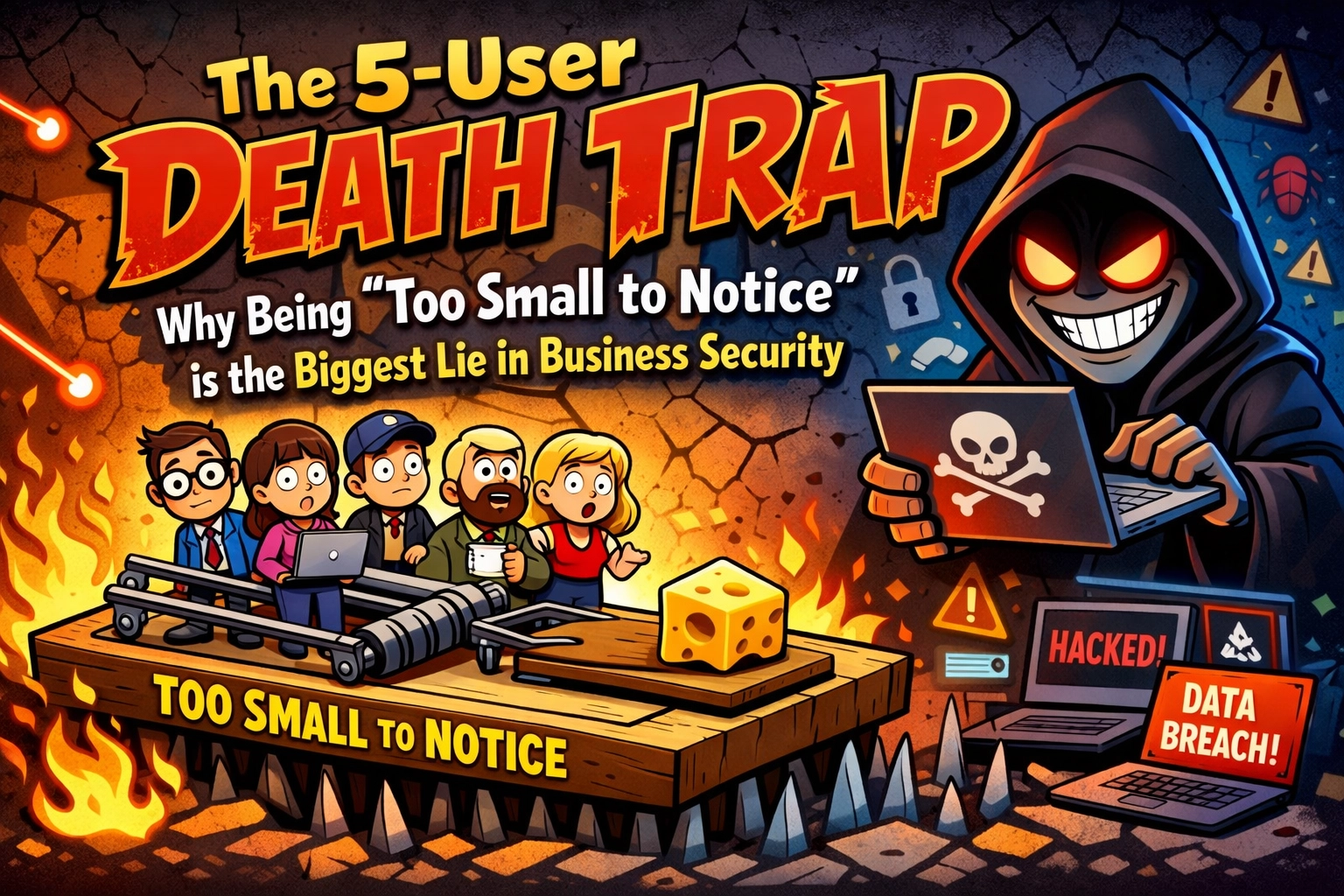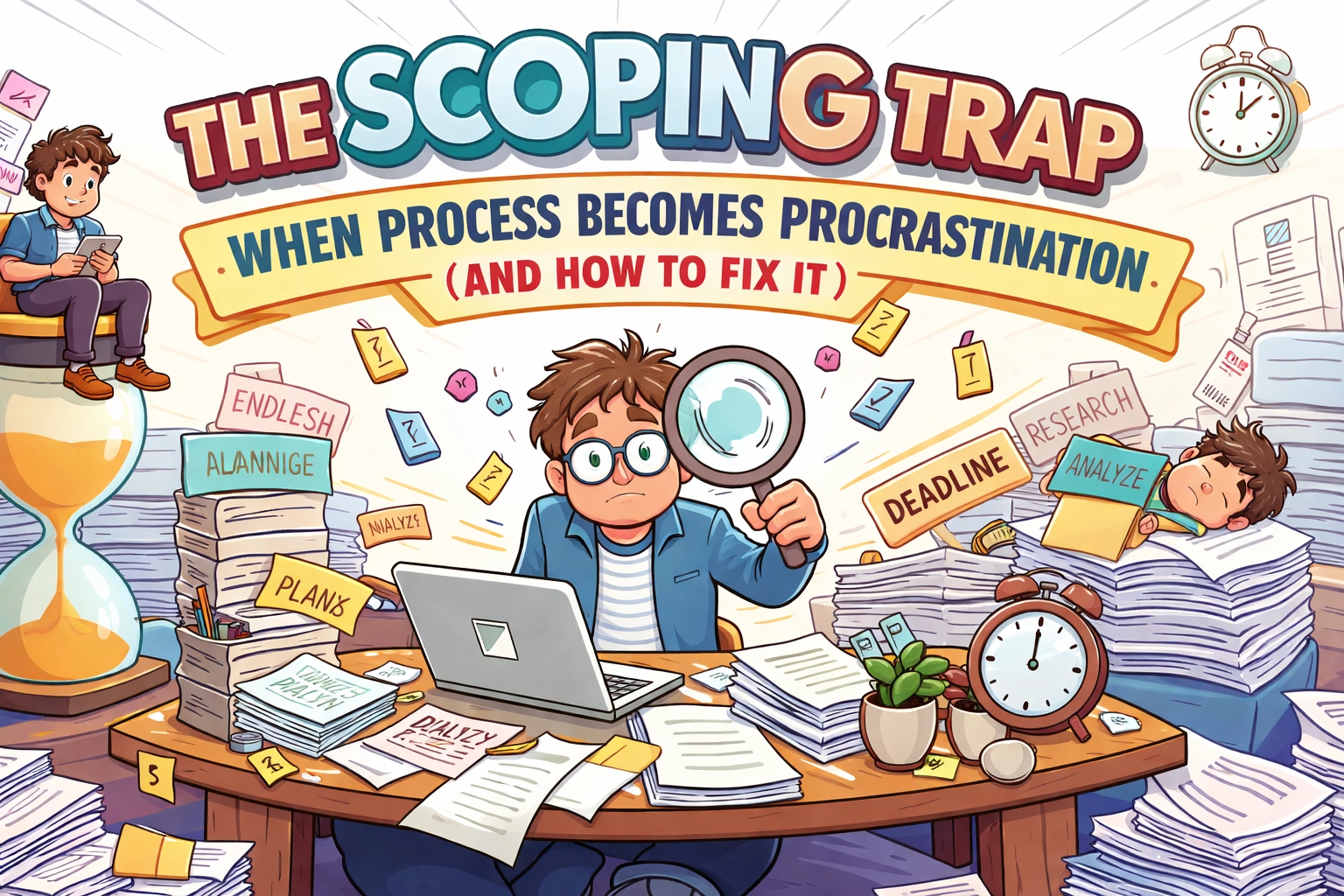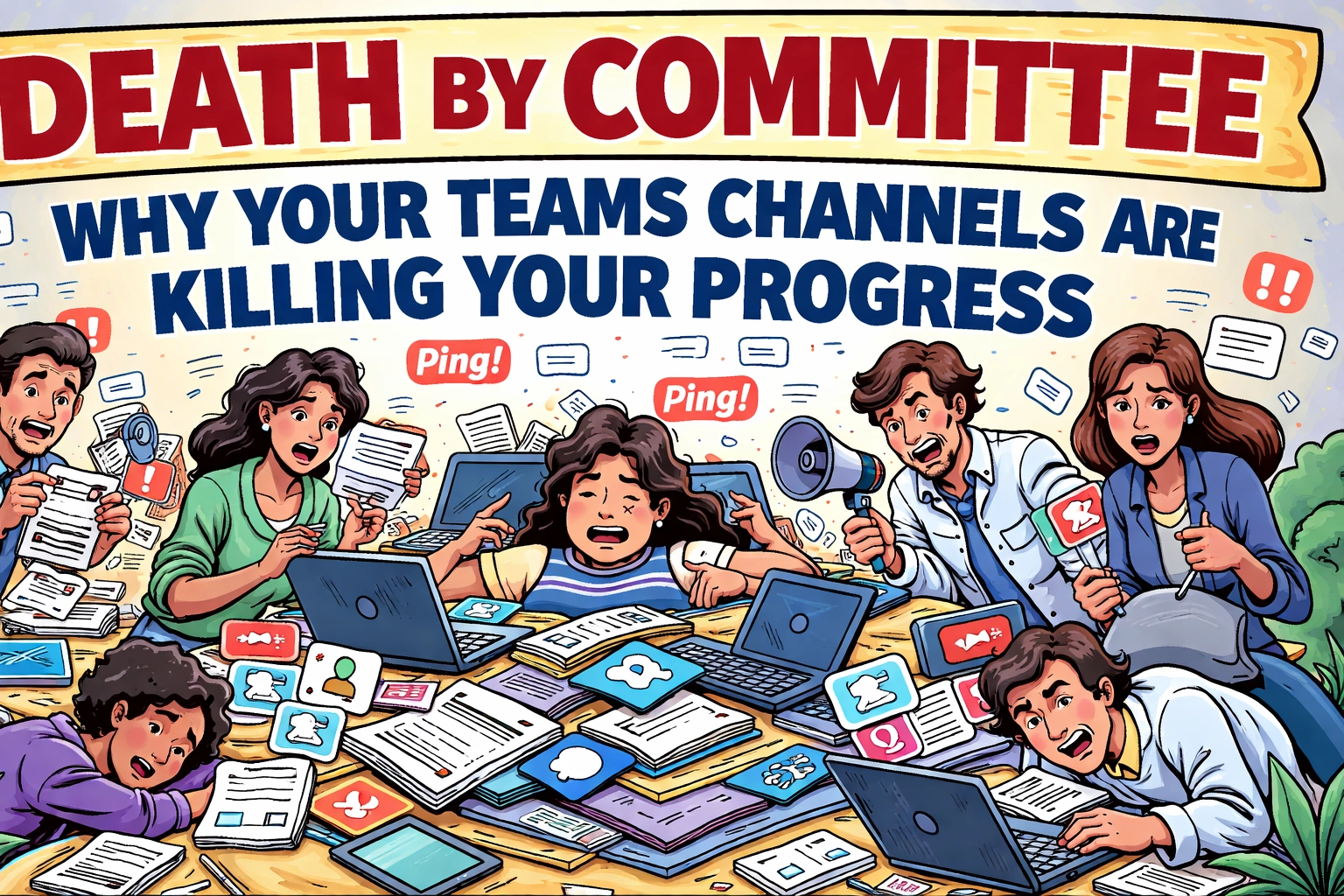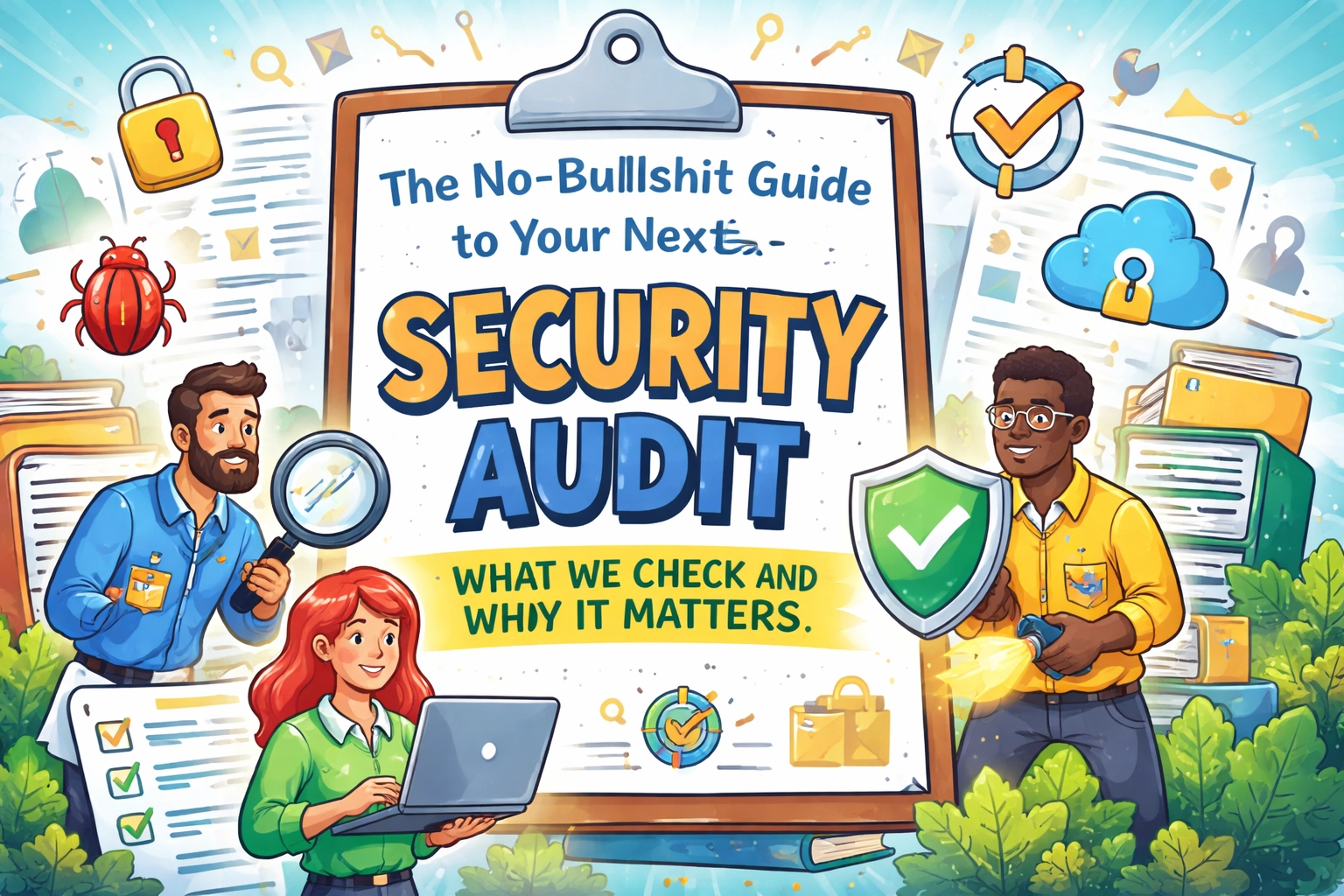
In the cybersecurity world, we've seen some doozies over the years. But what just happened this June might take the cake: a massive data breach dropped over 16 billion login credentials on the web. Yes, that's billion with a B. If you use Google, Apple, Facebook, Telegram, or pretty much any online service (and who doesn't?), this matters to you.
The Mega Breach: What Actually Happened
This wasn't your typical hack where some teenager breaks into a company's database overnight. What makes this breach particularly nasty is its scope and origins.
Cybersecurity researchers discovered that criminals have assembled a digital Frankenstein's monster – stitching together data from more than 30 separate breaches. Each of these databases contained millions to billions of records, creating what experts are calling the largest credential leak in internet history.

The exposed information includes:
- Usernames and passwords for Google and Apple accounts
- Login credentials for Facebook, Meta, and Telegram
- GitHub and developer platform access tokens
- Government and corporate service logins
- Session cookies that can bypass password requirements
- Metadata that could help attackers target specific users
For a brief period, this massive trove of data was sitting exposed online in unsecured databases. While it's likely there are duplicates throughout the dataset, the sheer volume means that almost everyone with an online presence could be affected in some way.
What's particularly concerning is that this wasn't old, recycled data – much of it appears to be fresh and immediately usable. Researchers believe much of it was collected through infostealer malware that silently harvests credentials from infected devices.
Why This Matters More Than Your Average Breach
We get it – breach fatigue is real. With so many companies reporting data exposures every month, it's easy to tune out. But this one deserves your attention for several reasons:
1. The Scale is Unprecedented
With 16 billion credentials exposed, this dwarfs previous breaches. For context, the entire global internet user population is around 5 billion people. This means many people likely have multiple accounts exposed.
2. It's a Master Key to Digital Lives
Unlike breaches that expose just names or email addresses, this one includes actual passwords. And because many people reuse passwords (even though we constantly advise against it), a single exposed credential can unlock multiple accounts.
3. The Ripple Effects Are Serious
When criminals gain access to your accounts, they don't just peek around. They can:
- Take over your email and reset passwords for other services
- Steal your identity for financial fraud
- Launch highly targeted phishing campaigns that look legitimate
- Access financial or cryptocurrency accounts linked to compromised emails
- Lock you out of your own accounts and hold them for ransom
4. It's a Blueprint for Mass Exploitation
Security experts are describing this breach as giving criminals a "blueprint for global cyber exploitation." The combination of credentials, tokens, and metadata provides everything needed for automated, large-scale attacks.

What You Should Do Right Now
The good news is that while this breach is serious, there are concrete steps you can take to protect yourself. Here's your action plan:
1. Change Your Passwords
Start with your most critical accounts: email, banking, cloud storage, and social media. If you've been using the same password (or variations of it) across multiple sites, change all of them to unique passwords.
2. Enable Two-Factor Authentication (2FA)
This is no longer optional – it's essential. Two-factor authentication adds a second verification step beyond your password. Even if criminals have your password, they'll still need access to your phone or authentication app to get in.
Most major services offer 2FA through:
- Authentication apps (Google Authenticator, Microsoft Authenticator)
- SMS text messages
- Email verification
- Biometric verification (fingerprint or face recognition)
The strongest options are authentication apps or hardware security keys, rather than SMS which can be intercepted.
3. Use a Password Manager
Password managers are tools that generate and store unique, complex passwords for every site you use. You only need to remember one master password, and the manager handles the rest. Popular options include:
- 1Password
- LastPass
- Bitwarden
- Dashlane
Many of our clients at Your Personal Ninja find that password managers not only improve their security but also make their daily online life more convenient.
4. Check If Your Data Was Compromised
Visit "Have I Been Pwned" (haveibeenpwned.com) and enter your email address to see if it appears in known data breaches. This free service can tell you which of your accounts might be at risk.
5. Monitor Your Accounts for Suspicious Activity
Keep an eye out for:
- Login notifications from unfamiliar locations
- Password reset emails you didn't request
- Unexpected account changes
- Unfamiliar transactions
Many services allow you to review recent logins and active sessions – take advantage of these security features.
6. Consider Advanced Protection
For extra security, especially for critical accounts:
- Use passkeys (a newer, more secure alternative to passwords)
- Invest in hardware authentication keys like YubiKey or Google Titan
- Enable login notifications for all your important accounts

The Bigger Security Picture
This breach is causing ripples throughout the tech industry. Companies are reevaluating how they store passwords, with many security experts advocating a move away from cloud-based password storage in favor of local, device-based solutions.
Major platforms like Google, Apple, and Facebook are currently auditing their systems for compromised credentials and urging users to upgrade their security settings. Some are even pushing more aggressively toward passwordless authentication methods like passkeys.
For businesses, this breach highlights the critical importance of implementing company-wide security policies. We've seen firsthand how small and medium businesses can be devastated by credential-based attacks, which is why our team at Your Personal Ninja helps implement comprehensive security measures for organizations of all sizes.
Not Just a Tech Problem, But a Human One
While the technical aspects of this breach are important, we shouldn't forget that cybersecurity is fundamentally about protecting people. The real damage happens when criminals use these credentials to:
- Empty bank accounts
- Steal identities
- Access private information
- Damage personal and professional reputations
That's why taking action isn't just about protecting data – it's about protecting your livelihood and peace of mind.
Need Help Securing Your Digital Life?
If you're feeling overwhelmed by all this, you're not alone. Many of our clients come to us after data breaches feeling uncertain about what steps to take.
At Your Personal Ninja, we specialize in making cybersecurity approachable and manageable for everyday users and businesses alike. Our worry-free support includes helping clients implement proper security measures, from password management to comprehensive cybersecurity solutions.
Not sure where to start? Schedule a free intro call with our team. We'll talk you through what this breach means for you specifically, show you simple ways to lock down your accounts, and answer all your cybersecurity questions in plain English – no tech jargon required.
Book your free intro call today!
Bottom Line
This is the biggest credential breach the internet has ever seen. If you're reading this, consider it your sign to reset passwords and strengthen your online security. Taking action now is infinitely easier than dealing with a compromised account, identity theft, or financial loss.
Stay safe out there – your digital security matters more than ever.





